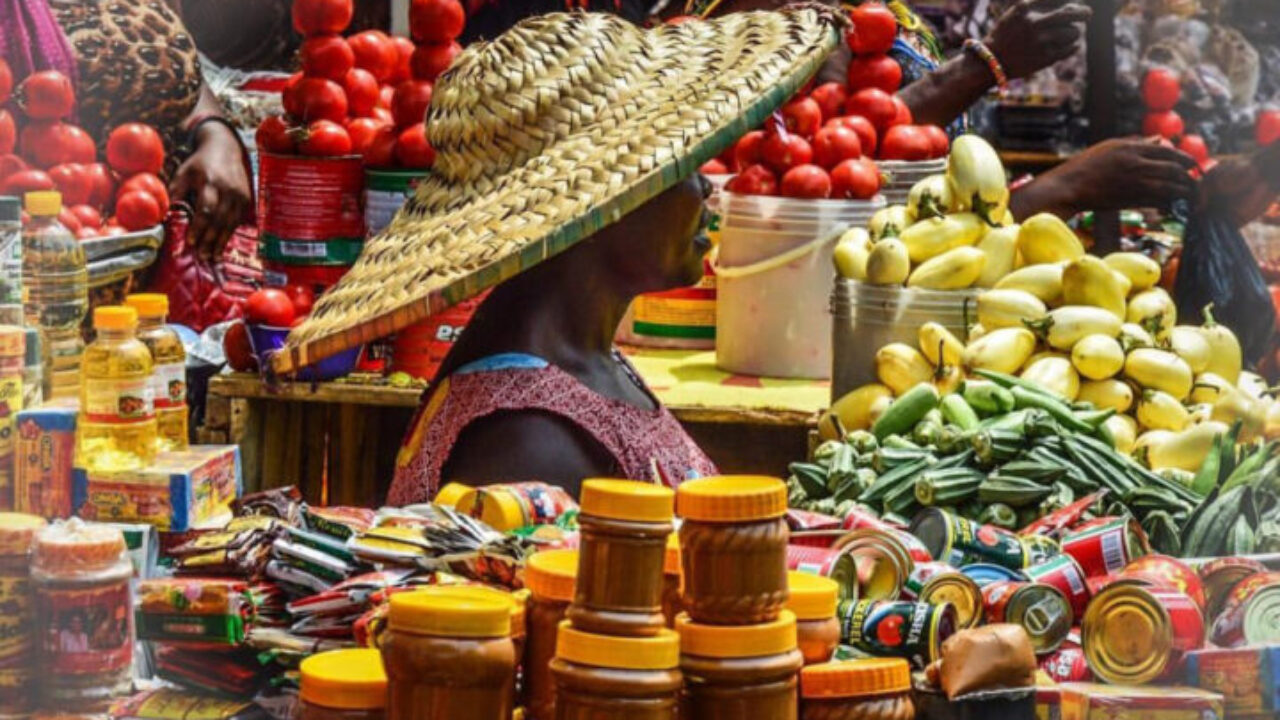

 Stakeholders at a meeting have proposed the establishment of a National Nutrition Council to provide effective leadership and a governance system to help government and key stakeholders to effectively address nutrition and malnutrition related matters.
Stakeholders at a meeting have proposed the establishment of a National Nutrition Council to provide effective leadership and a governance system to help government and key stakeholders to effectively address nutrition and malnutrition related matters.
The stakeholder engagement programme on nutrition in Ghana was under a project, “Nourish Ghana: Advocating for Increased Leadership to Combat Malnutrition”.
The meeting under the theme, “uniting to end malnutrition”, brought together policymakers, development partners, civil society organizations (CSOs) and the media to discuss how to strengthen advocacy and build capacity to improve nutrition outcomes across Ghana. It was under the theme, “uniting to end malnutrition.”
Meanwhile, starting from 2026, the Government of Ghana will spend at least $6 million annually for the procurement of essential nutrition commodities, Mr. Nii Odoi Odotei, Principal Planning Analyst at the National Development Planning Commission (NDPC) said this when he took his turn to address this meeting, which took place in Accra.
He said the government will use this fund for various things including the procurement of ready-to-use therapeutic foods, multiple micronutrient supplements, iron-folic acid supplements, vitamin A supplements, weighing scales and other anthropometric equipment.
The Nourish Ghana project was initiated by Women, Media and Change (WOMEC), a not-for-profit organisation in Ghana and it aims to address the persistent issue of malnutrition in Ghana.
It is expected that the project would be used to advocate for increased leadership and investment in nutrition and raise awareness on the pressing issue of malnutrition in Ghana and its implications for health and development.
According to Mr. Odotei, the recent Nutrition for Growth (N4G) Summit held in Paris this year, garnered $27.55 billion in commitments from donors to end malnutrition globally.
The N4G initiative is a global movement aimed at addressing malnutrition through increased financial commitments, policy reforms, and programme implementation.
Ghana has been an active participant in the N4G summits, making significant commitments to improve nutrition outcomes.
Mr. Odotei, said Ghana made a total of 10 commitments at the summit and one of these commitments is centred on spending USD 6 million annually for the procurement of essential nutrition commodities.
According to him, Ghana has made significant strides in addressing food insecurity and malnutrition, “yet critical challenges persist. The country faces a complex nutrition landscape, marked by the coexistence of undernutrition, micronutrient deficiencies, and obesity within the same populations, households, and individuals.”
“These challenges underscore the urgent need for decisive local action, particularly as economic vulnerability, shifting food environments, and climate-related threats further limit access to nutritious foods for vulnerable populations”, he added.
He said the Nourish Ghana initiative is a timely and strategic response to the nation’s pressing nutrition challenges.
“With evidence showing its profound impact on child health and economic productivity, malnutrition poses an obstacle to achieving a resilient and prosperous Ghana. As captured in recent studies, the broad socio-economic implications of undernutrition highlight the urgent need for a coordinated, multi-stakeholder approach. This engagement stands as a concrete step forward in harnessing the expertise and commitment from government, civil society, academia, and the private sector.”
Mr. Odotei explained that the NDPC is dedicated to championing policies that secure increased leadership, funding, and clear accountability in nutrition programming.
“We believe that robust stakeholder actions-ranging from transparent policy dialogues to practical, locally driven solutions-are essential in converting the outcomes of the 2025 Nutrition for Growth Summit into actionable commitments.”
Adding that a collaborative response to malnutrition is not just a health imperative but a catalyst for national development, as the country strives to reclaim lost economic potential and build a stronger future for all Ghanaian citizens.
WOMEC through the “Nourish Ghana: Advocating for Increased Leadership to Combat Malnutrition” project is therefore seeking to collaborate with key stakeholders to strengthen national policy actions on nutrition, ensuring that decision-makers prioritize investments in high-impact nutrition interventions.
Dr. Charity Binka, Executive Director of WOMEC, said “the persistent challenge of malnutrition in Ghana is still a major issue that is both a public health concern and a development crisis. Recent data from the 2022 Ghana Demographic Health Survey shows that 18% of children under five are stunted, 6% are wasted, and 12% are underweight. Nearly half of these children suffer from anaemia.”
“These figures highlight an urgent need for action. Malnutrition costs Ghana approximately 6.4% of its GDP each year. If we do not act decisively, we risk compromising the health and productivity of future generations,” she noted.
According to her, the Nourish Ghana Project aims to create a platform for dialogue to strengthen national policy action on nutrition by advocating for increased leadership, funding, and accountability.
“Of great interest to us is the involvement of the media in the discourse. The media plays a critical role in the dissemination of information on issues, across all sectors. Research has shown that many people rely on the media for information on health, in particular. We intend to actively engage the media throughout the project,” she added.
Noting that through collaborative engagement with parliamentarians, policymakers, civil society, the media, and community stakeholders, “we hope to raise awareness, drive policy change, and increase investments in high-impact nutrition interventions.”
By Eunice Menka
The post Stakeholders propose the establishment of national nutrition council appeared first on Ghana Business News.
Read Full Story


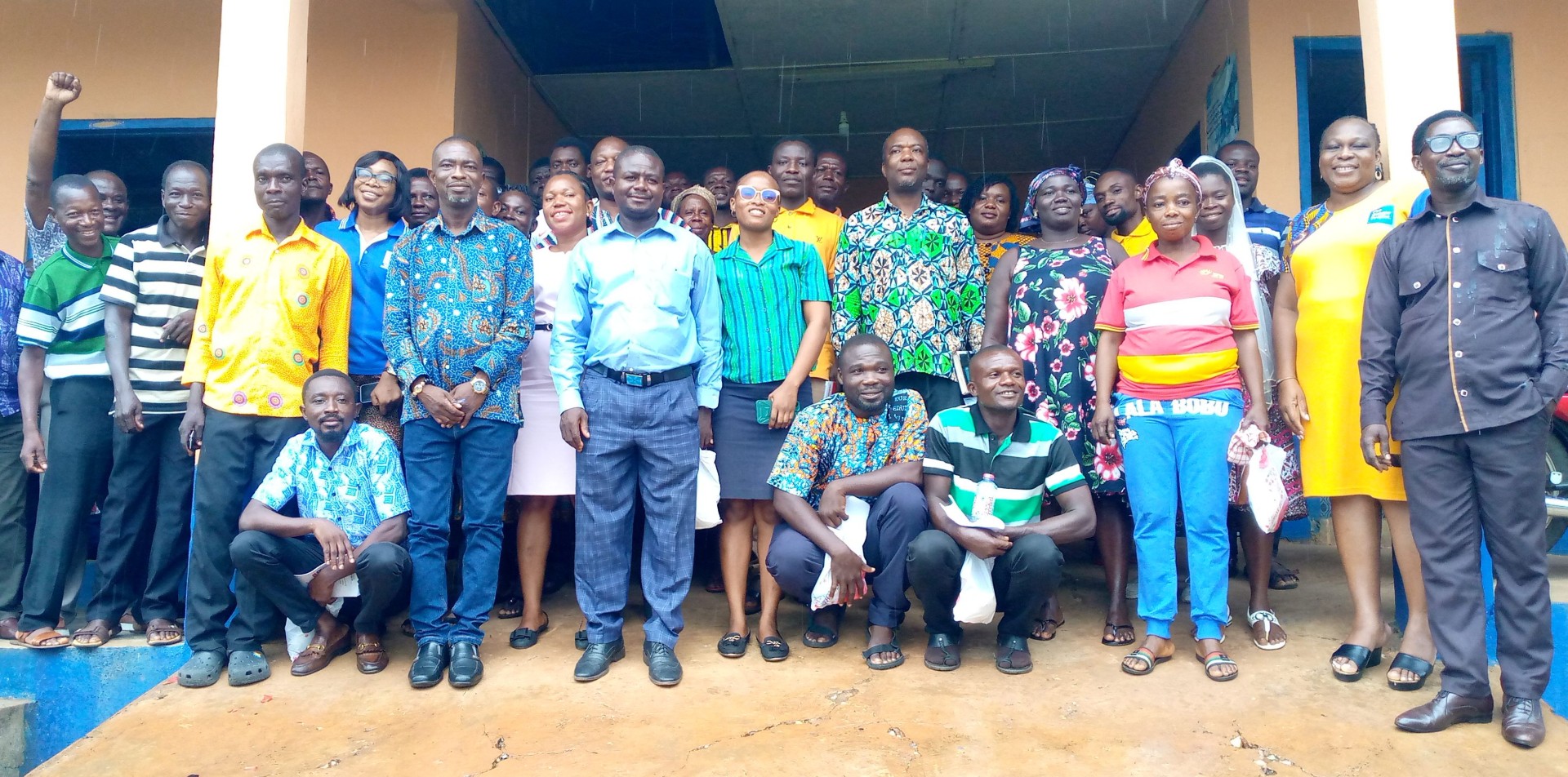

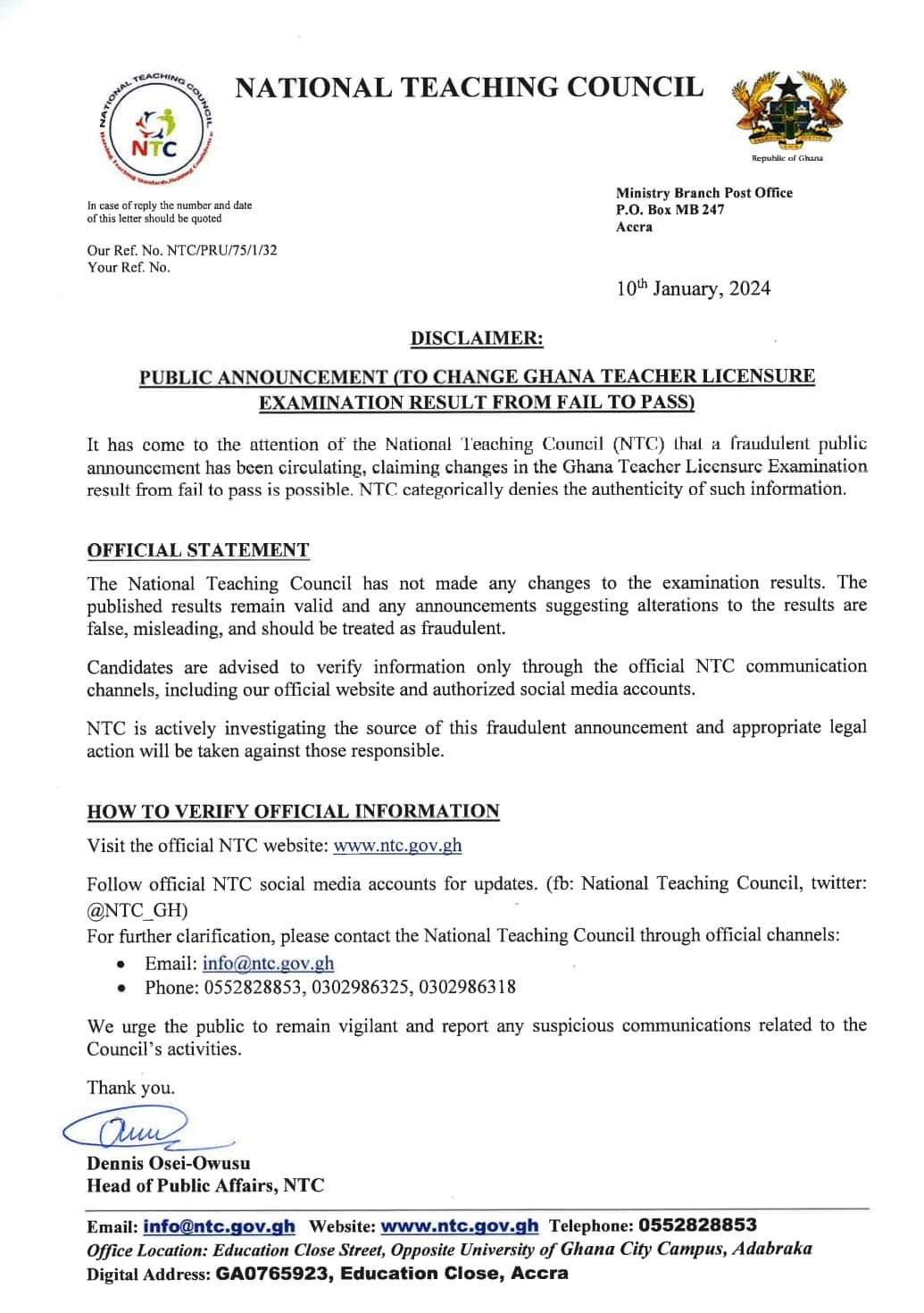
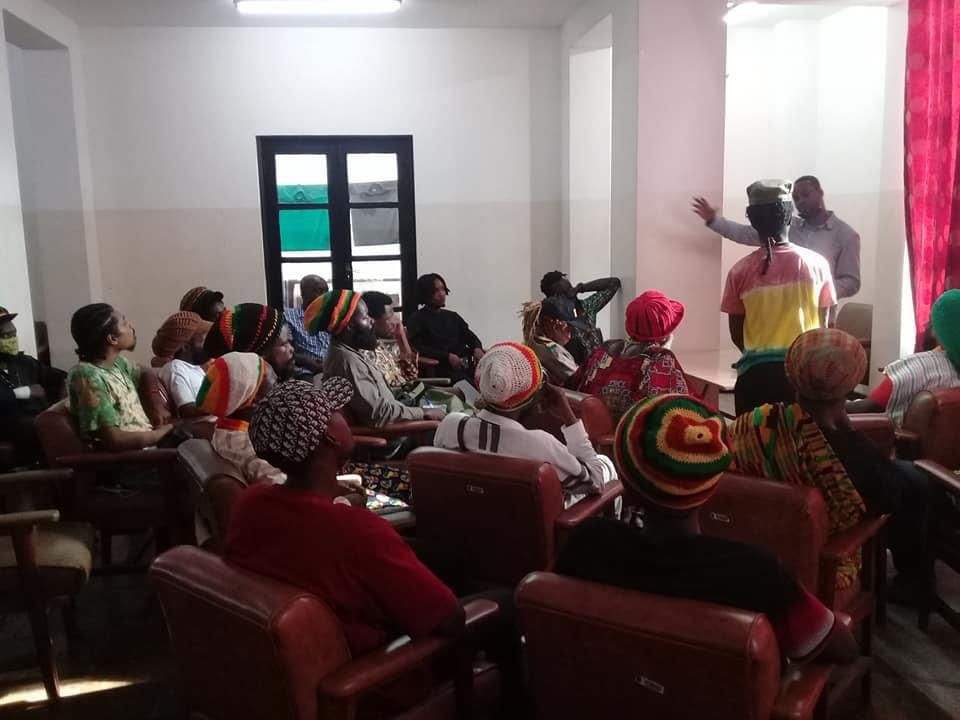

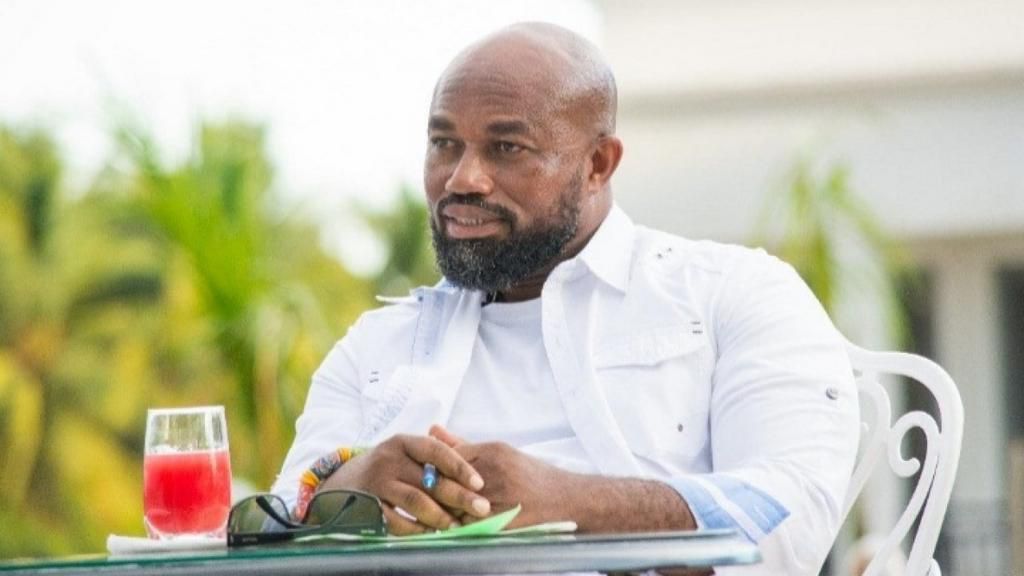

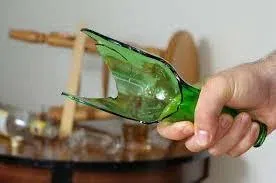
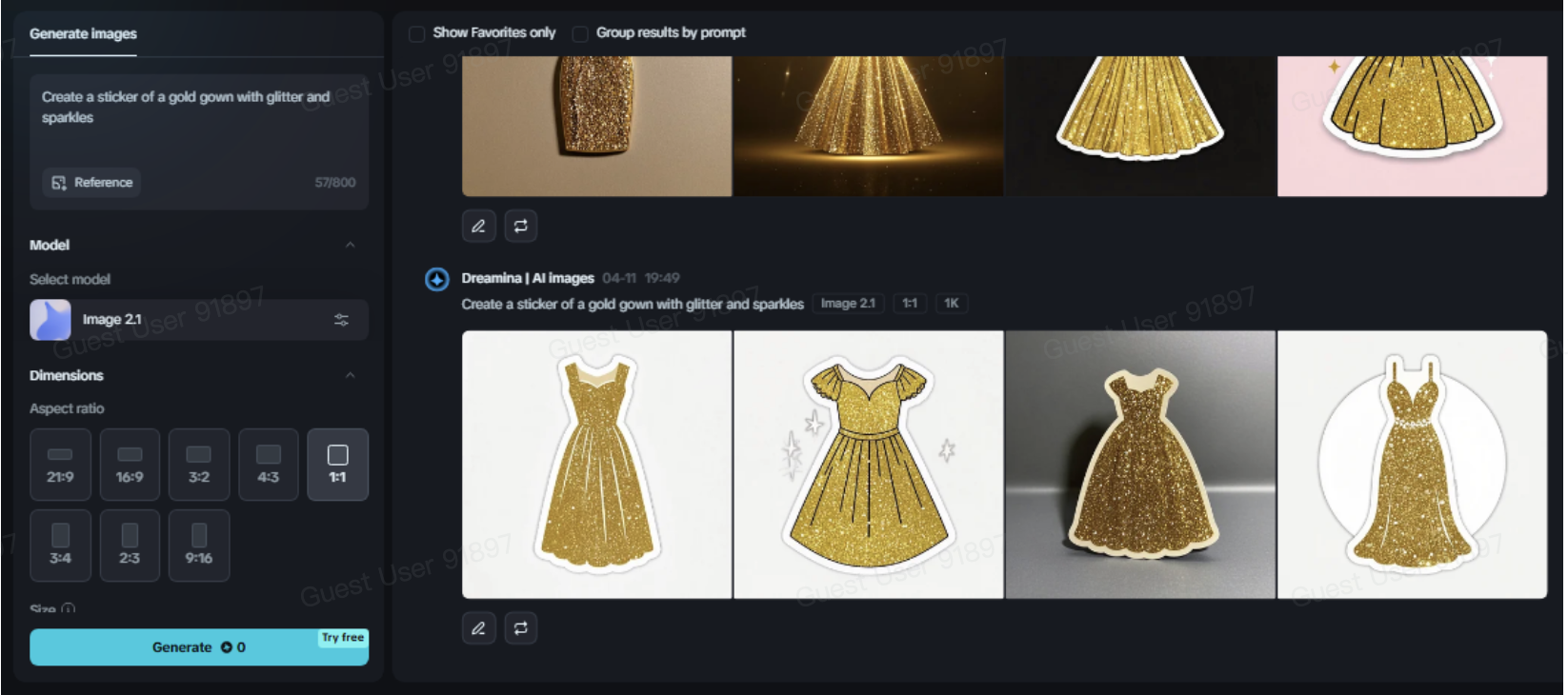
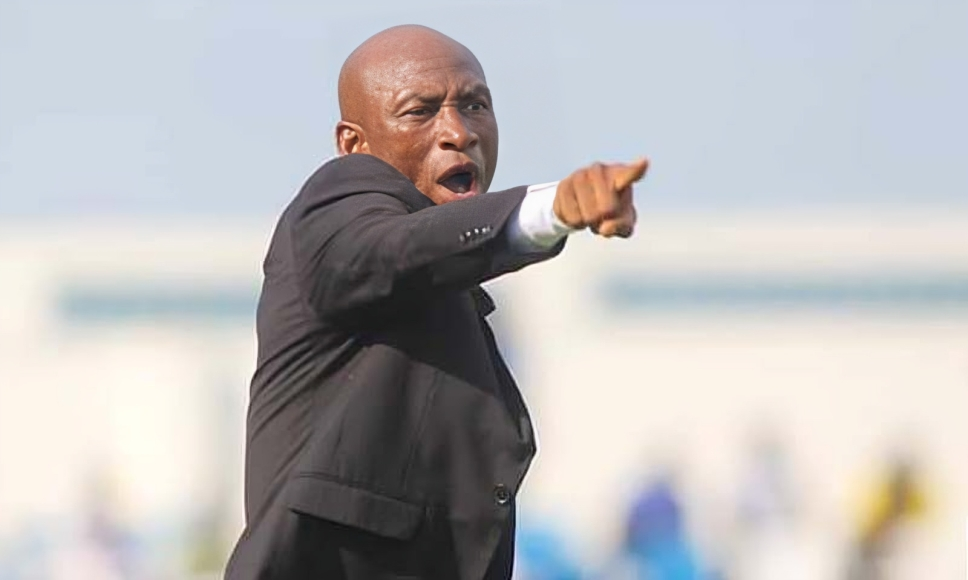



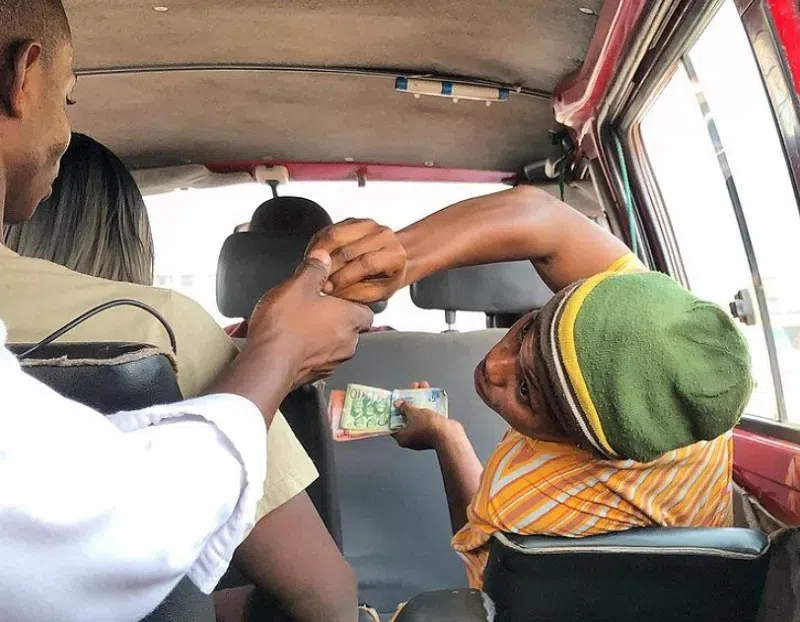
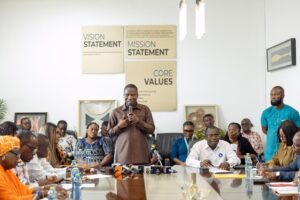
Facebook
Twitter
Pinterest
Instagram
Google+
YouTube
LinkedIn
RSS